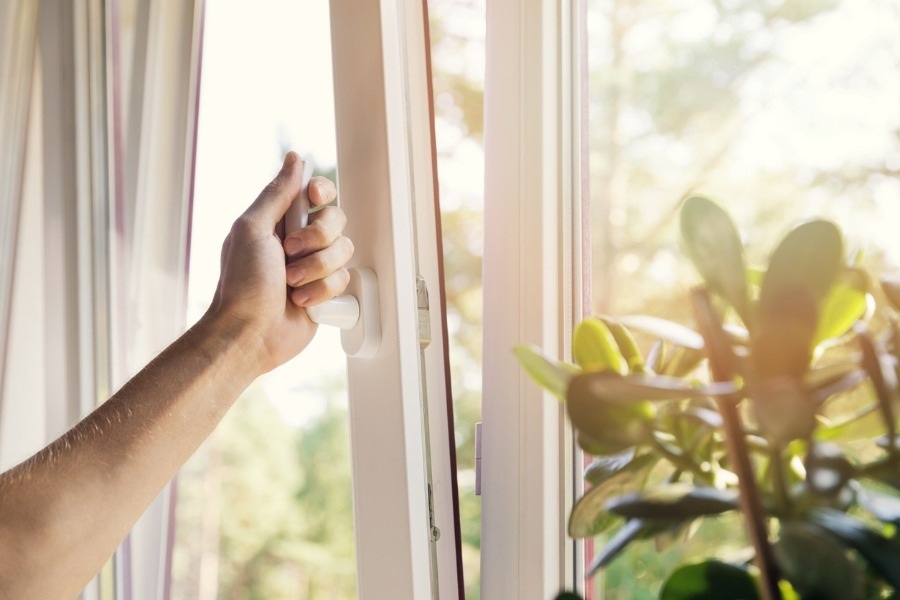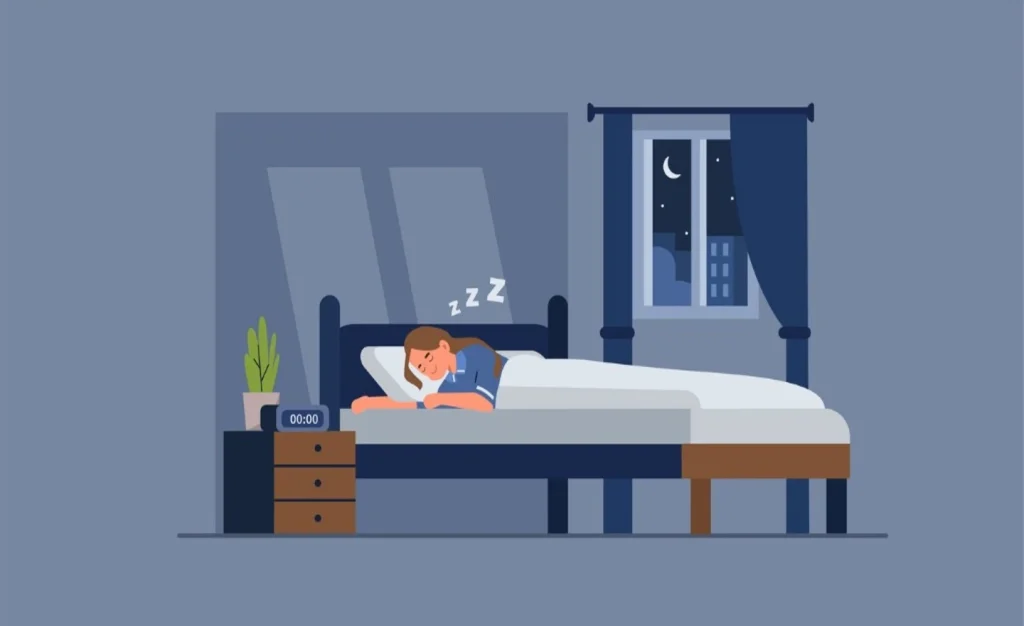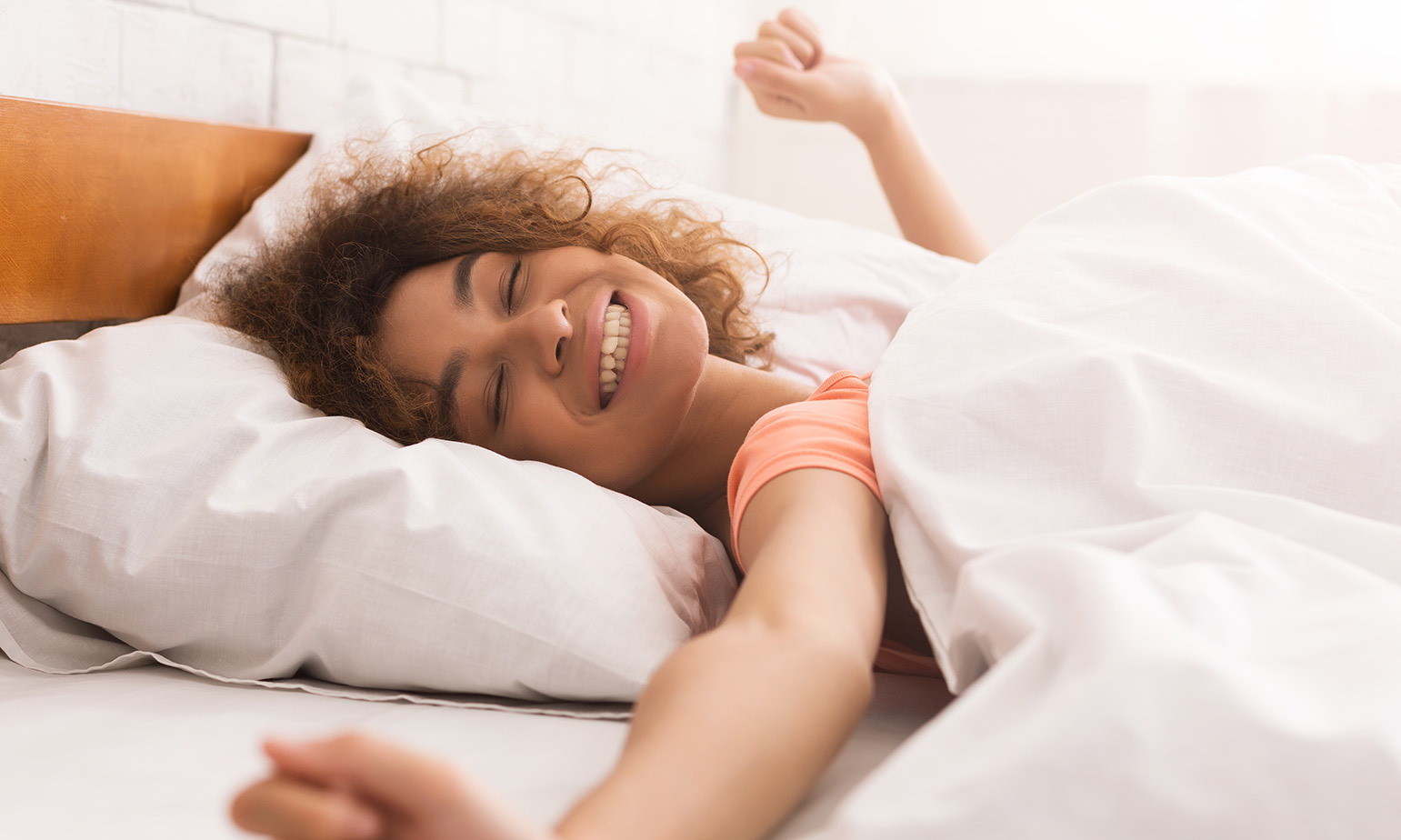Ventilation is not only important to prevent mold growth, but it also promotes a restful night’s sleep. We tell you how long you should air before sleeping. You need a good sleep to be able to focus more on Bizzo Casino.
Even if many would prefer to do without airing because of the high heating costs, you should definitely not neglect it. Because if the moisture cannot escape from your own four walls, there is a risk of mold – and then the trouble is great. To minimize the risk, we recommend airing at least three times a day. Especially before sleeping, it is important to provide fresh air.
On the one hand, it is the last chance to ventilate properly before the approximately eight-hour sleep phase (tilted windows can also promote mold and should therefore be avoided). On the other hand, fresh air ensures restful sleep, as too high CO2 concentrations in the air can cause physical complaints such as headaches. A 2015 study even says that our cognitive performance the following day can suffer as well.
Ventilate before sleeping: Shorter in winter than in summer
In general, a ventilation session should last about five to ten minutes. It is best to open opposite windows completely to provide a draught. This is not a problem in summer, but especially in autumn and winter, when it is freezing cold outside, we tend to open the windows rather briefly, so as not to let too much heat escape from the apartment to the outside.
HOW TO AVOID MOLD

Proper ventilation in winter is just as important as proper heating: only with proper ventilation will you get moisture problems under control.
The good news is that the warmer it is indoors compared to outdoors, the shorter the ventilation time required. In the particularly cold months of December and January, three to six minutes per airing is usually enough. However, these are only rough guide values that differ depending on the living space and, especially before going to bed, it is better to ventilate a little longer than too short, as it is not possible to ventilate again until the following day.
If you want to know exactly when the perfect time to close the windows has come, you should pay attention to the temperature, humidity and CO2 content of the room air.
Temperature, humidity and CO2 content: the optimum values for the bedroom
To avoid mold and at the same time have optimal sleeping conditions, the temperature of your bedroom should be 16 to 18 degrees and the humidity 40 to 60 percent. To measure these values, it is worth buying a hygrometer with an integrated temperature display.
Ideally, the CO2 content in the bedroom should be below 800 ppm (parts per million, which describes how many CO2 molecules there are among one million air particles). According to several Environmental Agency, anything above 1000 ppm is a cause for concern and can already lead to headaches, dizziness and other physical symptoms.
Since CO2 meters are much more expensive than hygrometers, everyone must decide for themselves whether the purchase is really worth it. After all, the value has no significant effect on mold growth, and to roughly check the CO2 content, it can be enough to simply take a deep breath. If the air feels really fresh, it usually is.
Tip: If you want to be absolutely sure, however, check all three of the above values when airing and leave the windows open until they are reached.
HUMIDITY INCREASES DURING THE NIGHT

You are welcome to build in a little buffer. Because the air humidity increases just by our presence. Especially when several people (and pets) sleep in one room, it can increase by about ten percent overnight. The air humidity should therefore be more like 40 to 55 percent (for one person) or 40 to 50 percent (for several people) before you go to sleep to compensate for this.
